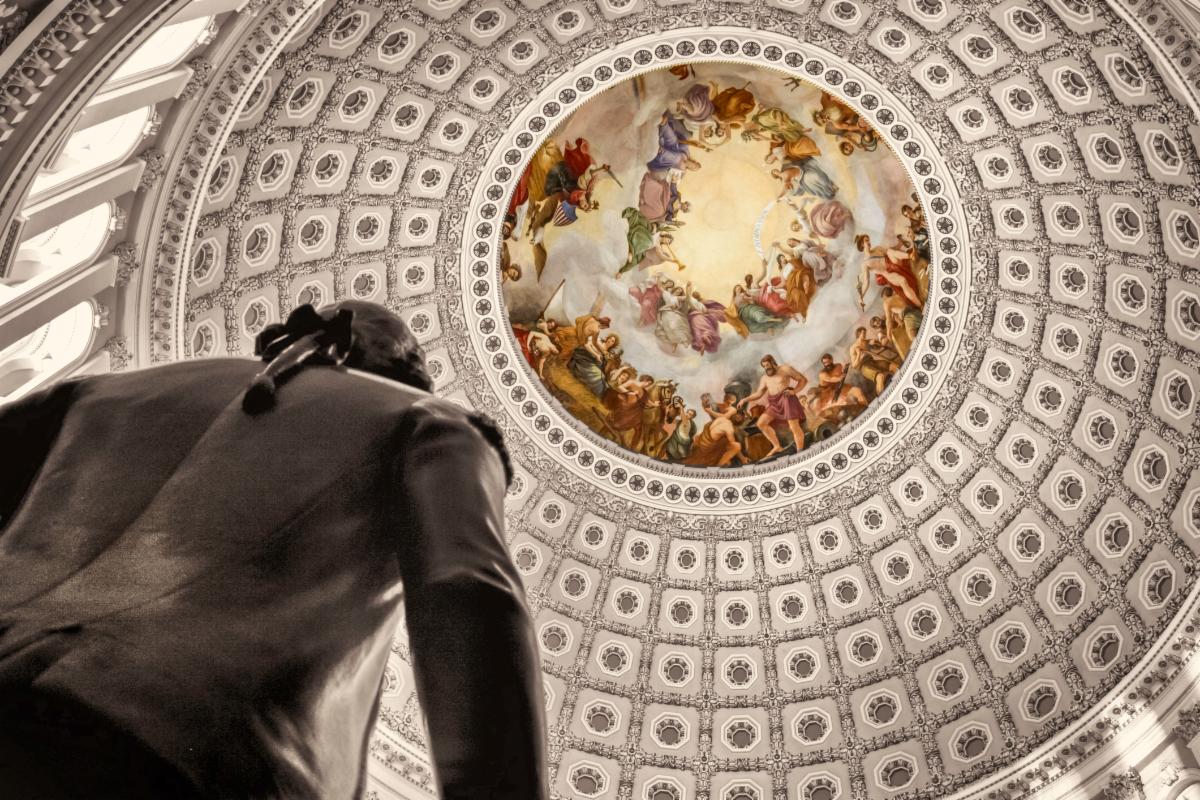
|
|
|
|
New Book on Educational Pluralism
 Ashley Rogers Berner, director of the Johns Hopkins Institute for Education Policy (and CAPE board member), has a thought provoking new book out: Educational Pluralism and Democracy. “The argument of the book,” Berner says, “is that when governments fund a variety of schools equally and hold them accountable for academic results, kids benefit.” Berner shows how this sort of pluralism is rooted in the American tradition and is common in other countries around the world. Read more in John Hopkins Magazine.
Ashley Rogers Berner, director of the Johns Hopkins Institute for Education Policy (and CAPE board member), has a thought provoking new book out: Educational Pluralism and Democracy. “The argument of the book,” Berner says, “is that when governments fund a variety of schools equally and hold them accountable for academic results, kids benefit.” Berner shows how this sort of pluralism is rooted in the American tradition and is common in other countries around the world. Read more in John Hopkins Magazine.
|
EdChoice: How Choice Transforms Education for Students with DisabilitiesTo mark the end of Disabilities Awareness Month in March, EdChoice highlighted special needs choice programs across our nation. The U.S. currently has over 25 choice programs specifically targeted to serve students with disabilities, delivered through education savings accounts, tax credits, tax credit scholarships, and vouchers. See the full list. |


